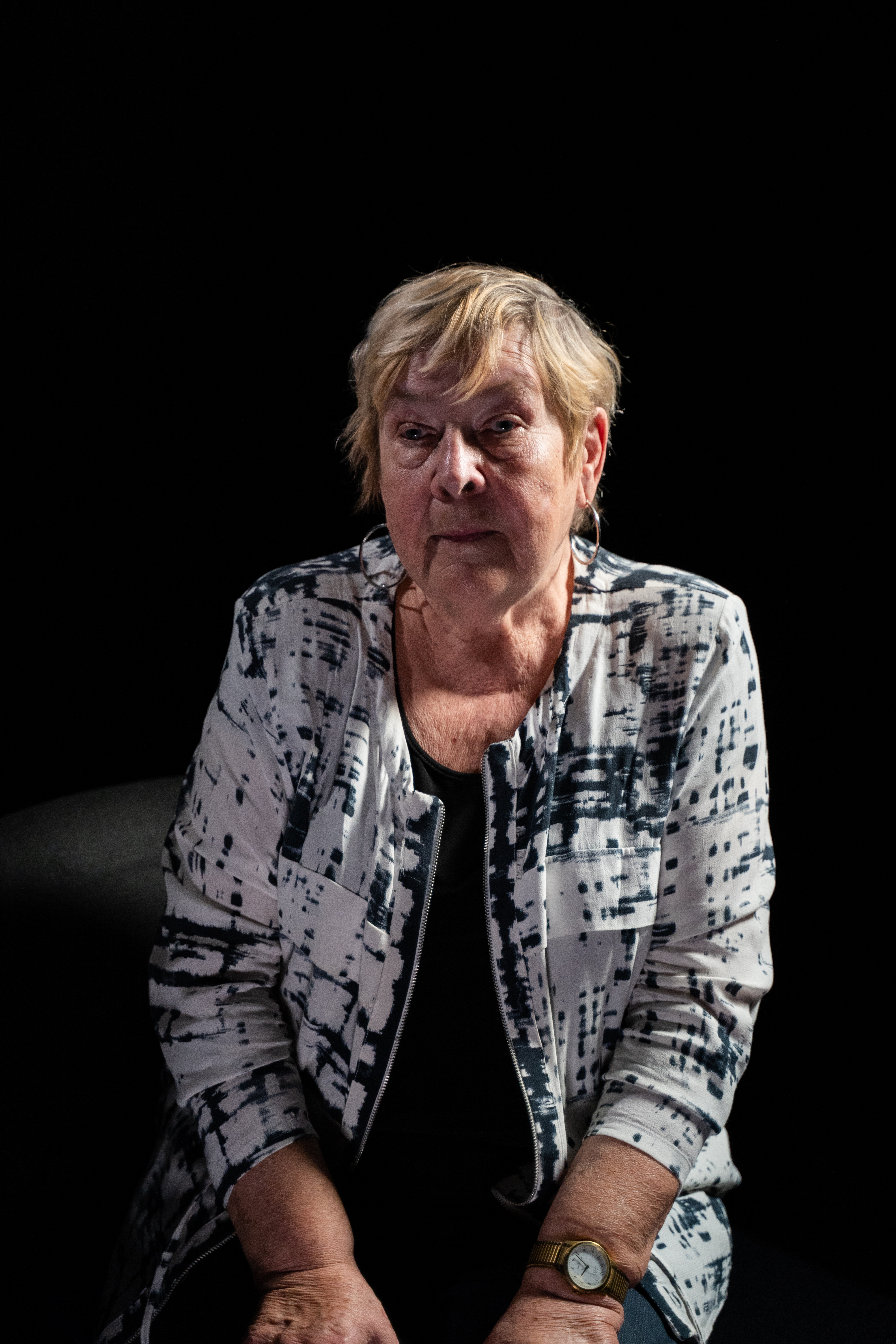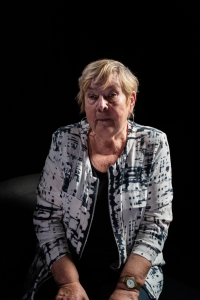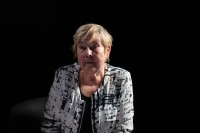A Czech woman who married a Hungarian man and experienced the collapse of the republic in Košice

Download image
Alena Kiralyová comes from a Moravian craftsman family from the vicinity of Znojmo. She was born just after the Second World War in 1946. She spent her childhood on the Czech-Austrian border in the city of Znojmo, which was guarded due to its proximity to the Austrian border. Life was hard after the war. There was a rationing system for food and clothes. In addition, her father died in the early 1950s, so she and her mother and two siblings lived in poverty. In 1960, Mrs. Alena started attending the Secondary Medical School in Znojmo. After school, she got a job as a nurse in the spas of Karlovy Vary. After three years, she returned to her native Znojmo, where she also worked as a nurse in the Znojmo hospital. In 1969, she moved with her husband to Košice and started working in a hospital in Košice-Šaca. She remained there until her retirement in 2005. Even after her retirement, she continued to work in the health sector. She raised two children with her husband. At the time of filming, she still lives in Košice.

